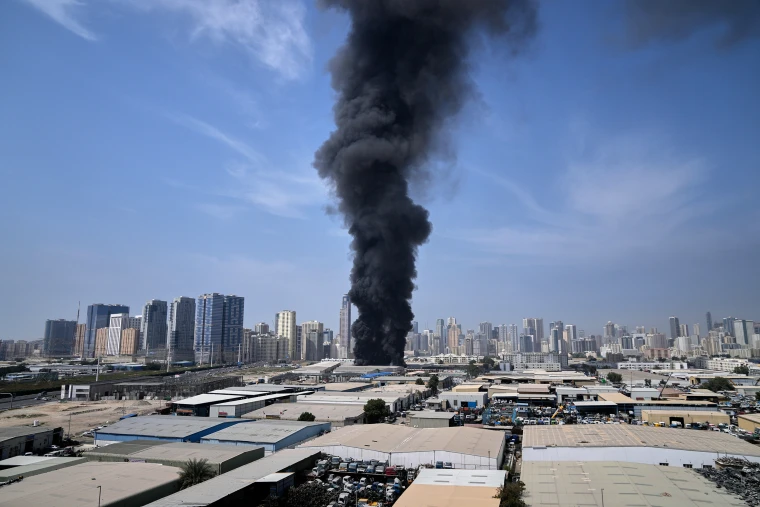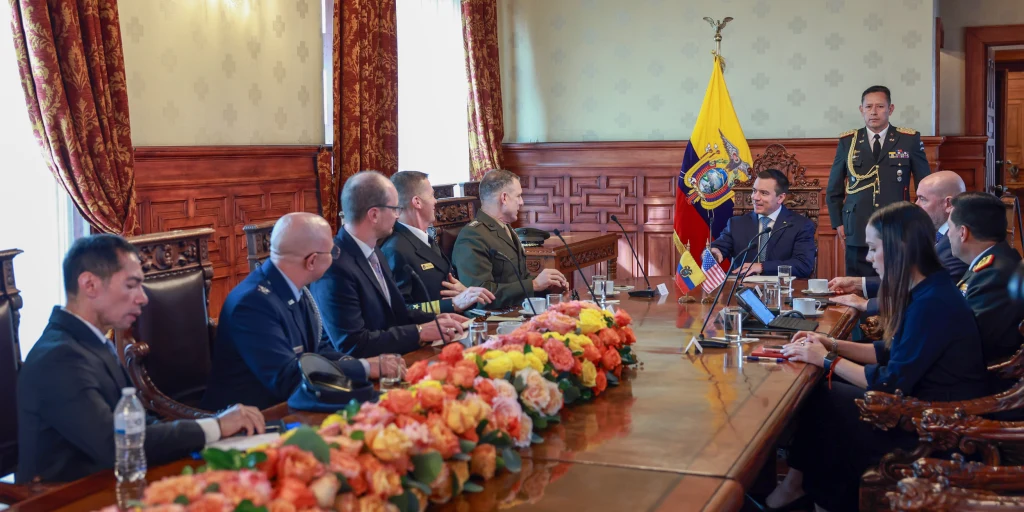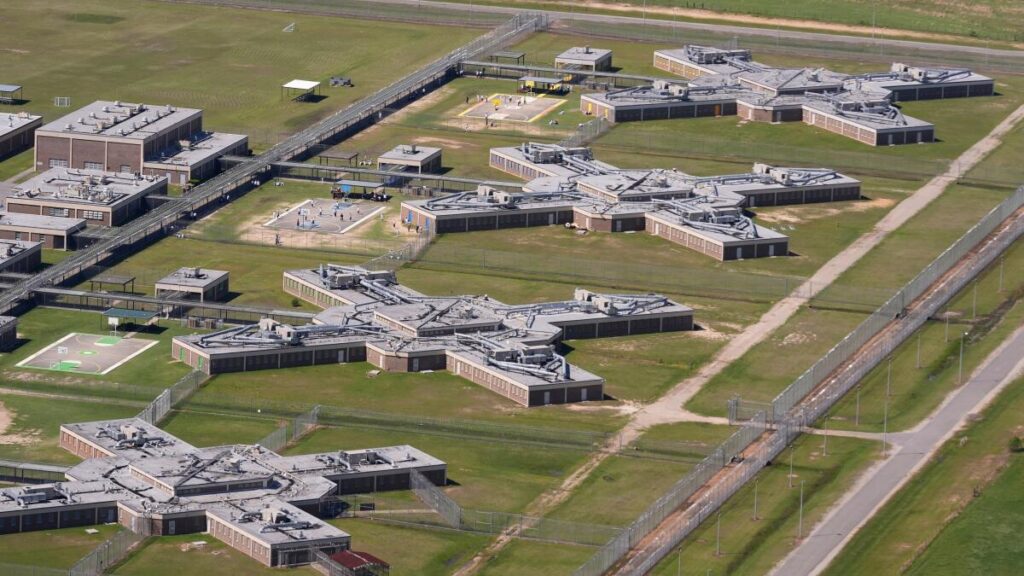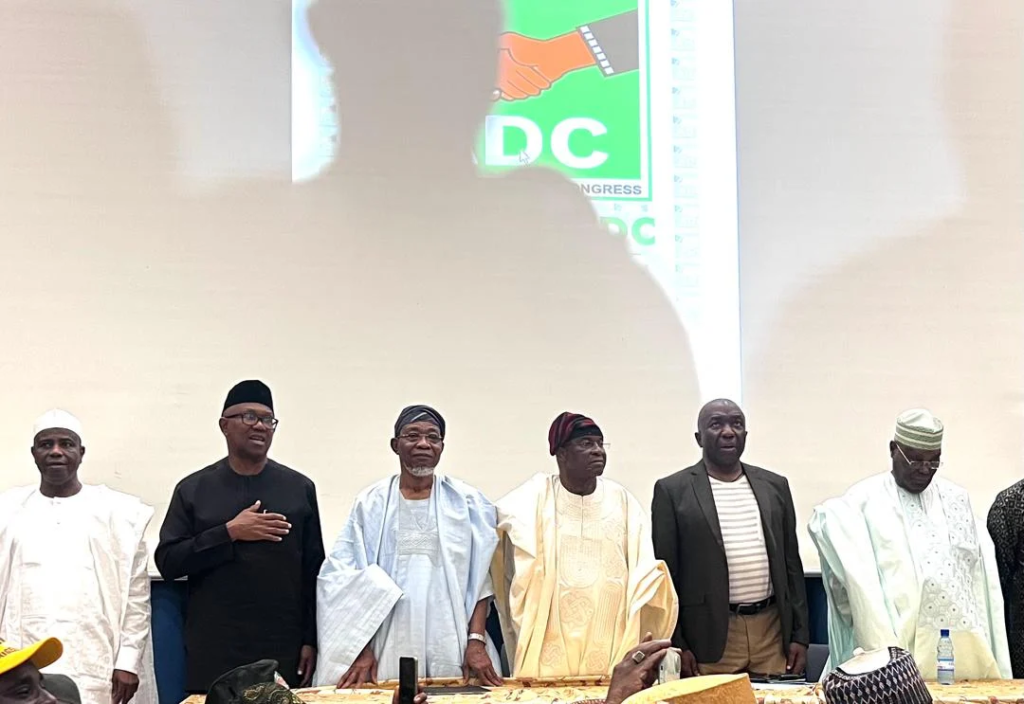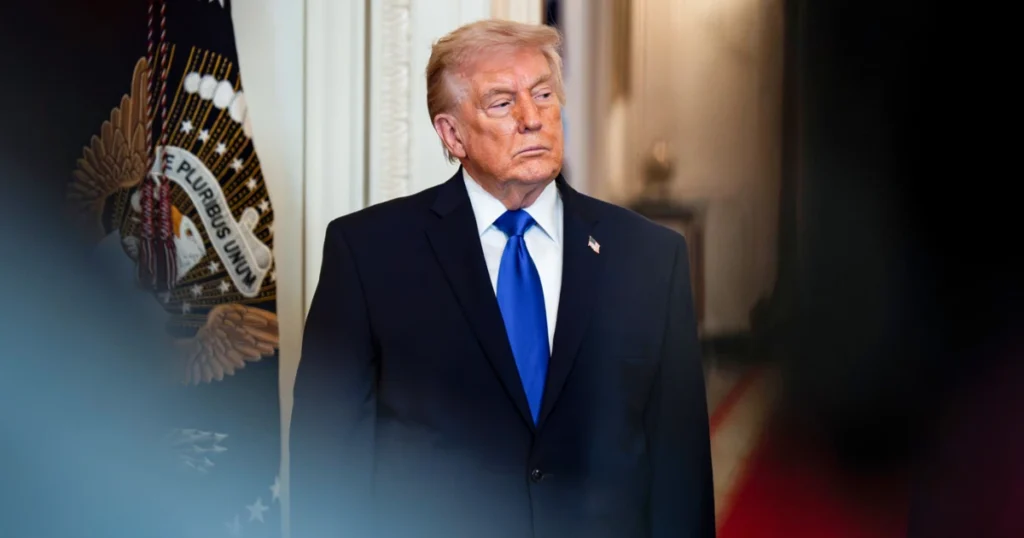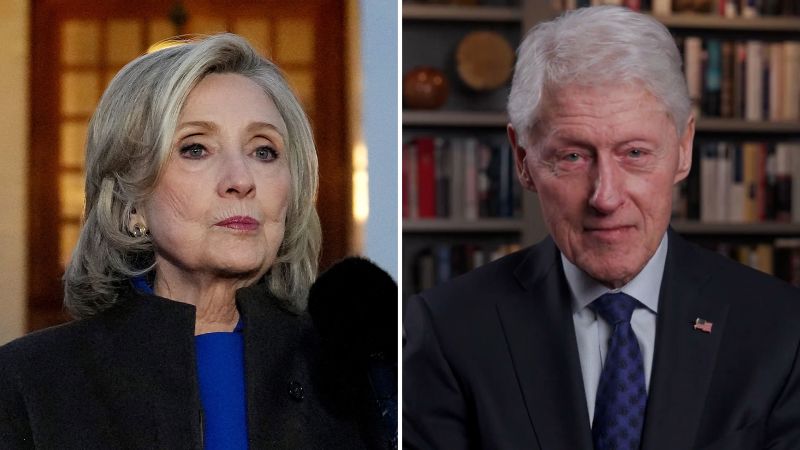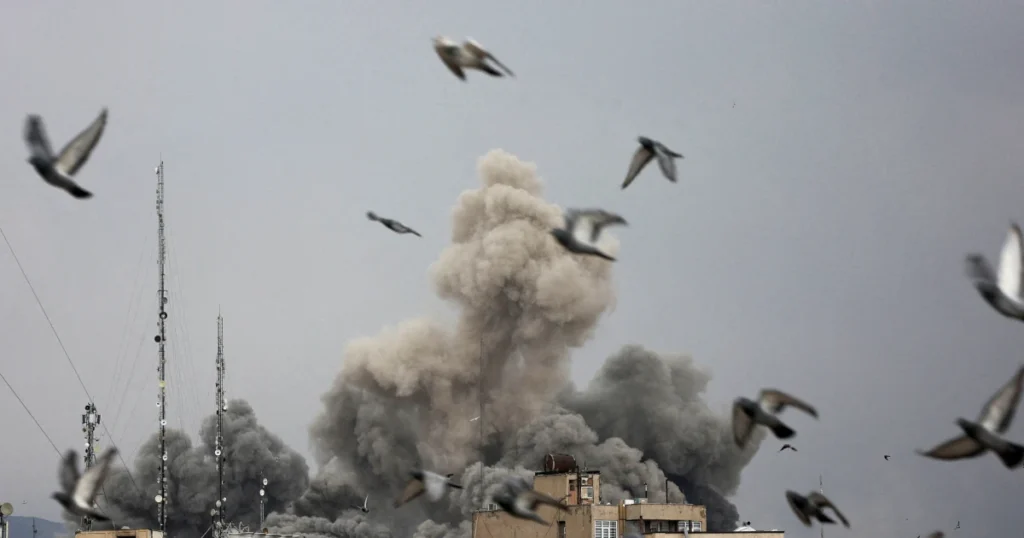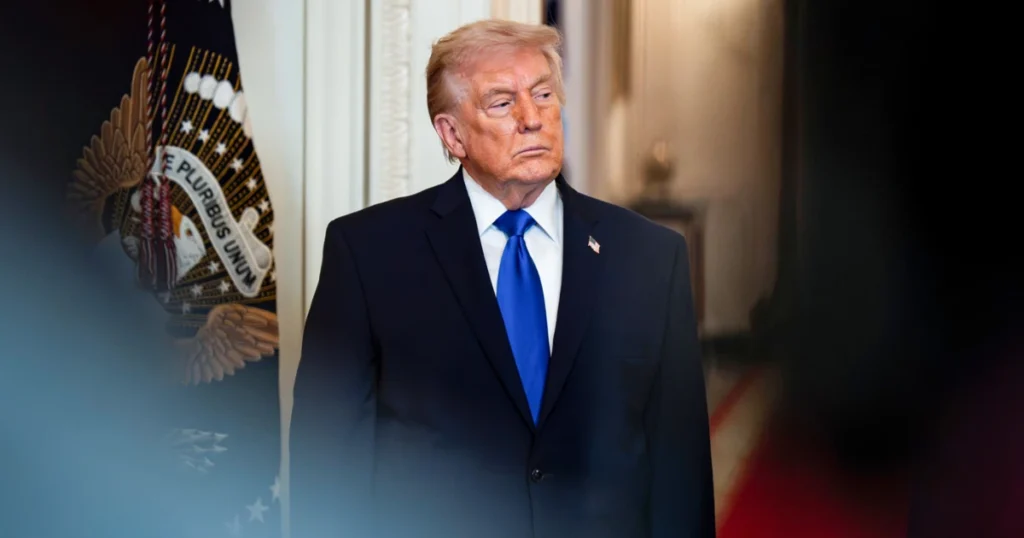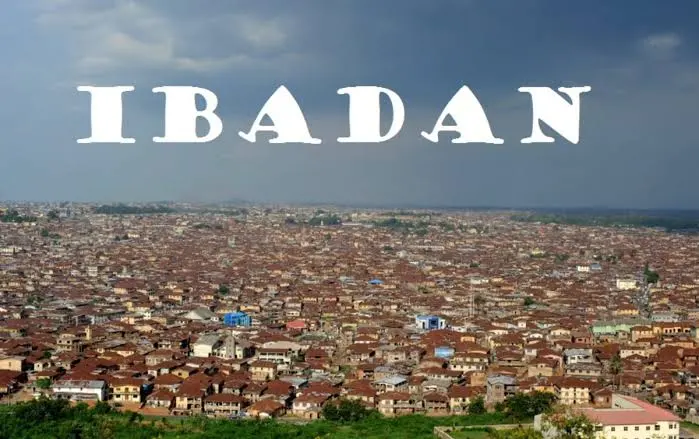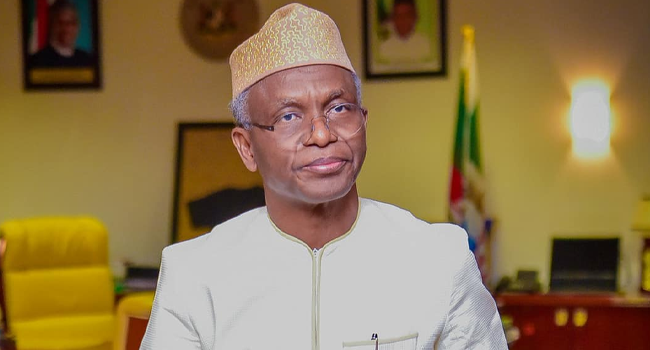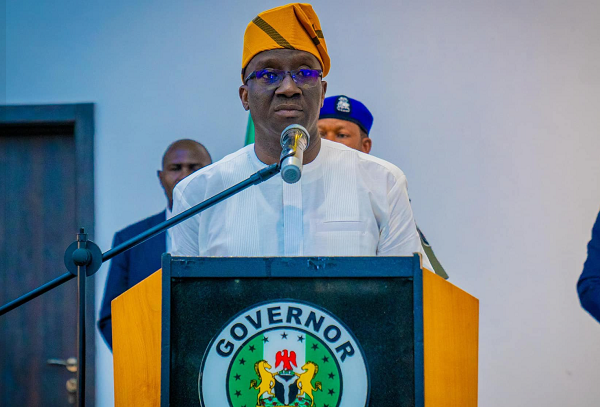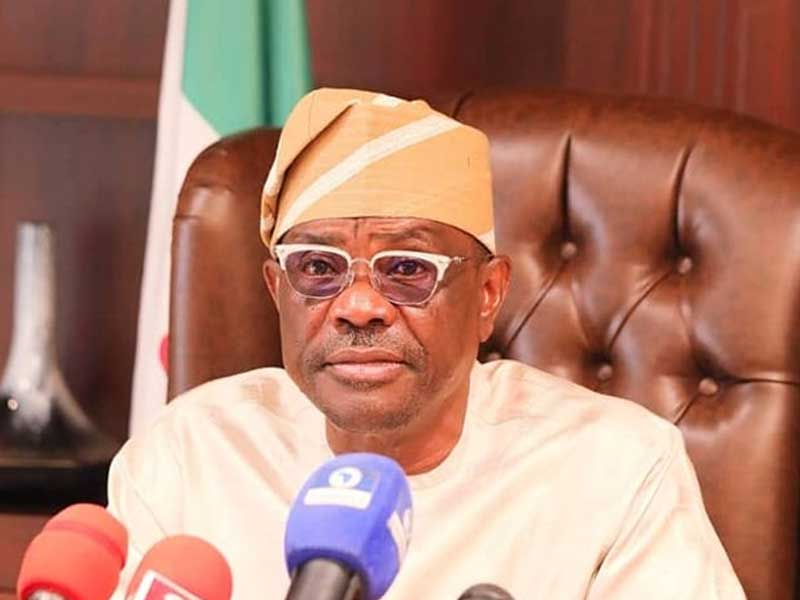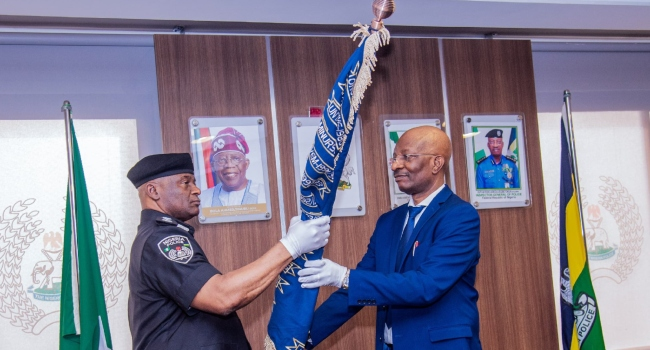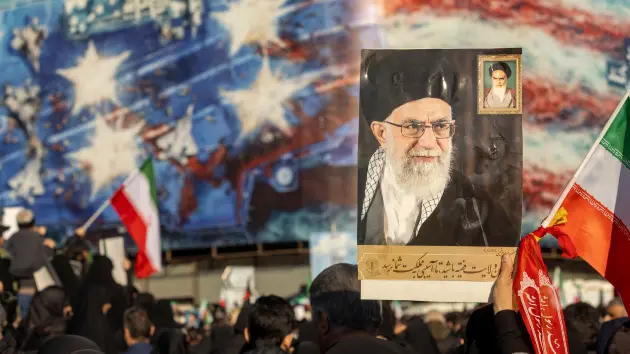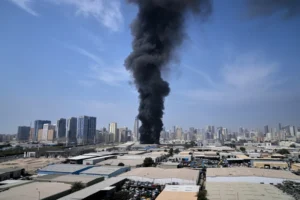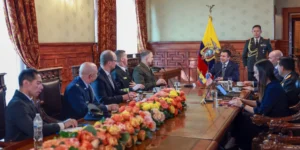When the Group of Seven convenes for its annual gathering on Italy’s Adriatic coast this Thursday, the summit will present an image of leaders grappling with domestic political challenges rather than basking in their political strength.
Set against the backdrop of olive trees and luxurious resorts in Puglia, the summit brings together leaders weakened by elections, scandals, and diminishing influence at home. This gathering of the world’s largest advanced economies, often termed the “steering committee of the free world,” faces high stakes amid rising anti-incumbent sentiments across Western democracies.
Coming shortly after European Parliament elections that saw gains for far-right parties and ahead of crucial votes in France, the UK, and the US, the summit is overshadowed by fears of a populist resurgence. French President Emmanuel Macron’s recent defeat to the far right prompted him to dissolve the National Assembly, setting the stage for snap elections. Meanwhile, the summit’s discussions are expected to center on issues like migration and the defense of Ukraine, pivotal concerns amidst the G7’s efforts to navigate geopolitical challenges.
Ukrainian President Volodymyr Zelensky’s attendance and joint press conference with US President Joe Biden underscore the urgency to address Russia’s recent gains and delays in international support. Diplomatic efforts are underway to provide Ukraine with significant financial aid from frozen Russian assets, although details are still being finalized amidst ongoing geopolitical uncertainties.
Italian Prime Minister Giorgia Meloni, the summit’s host, emerges as a relatively stable political figure following her party’s strong showing in the European Parliament elections. Despite political alignments on Ukraine, differences among G7 leaders remain stark on various issues, underscoring the complexities of global cooperation amidst shifting political landscapes.
As the summit unfolds, leaders from France, Germany, the UK, Canada, and Japan confront distinct political challenges that could reshape the future dynamics of the G7. Amidst these uncertainties, the summit serves as a critical juncture to reaffirm alliances and navigate global uncertainties, with the specter of future leadership changes looming large over international diplomacy.


